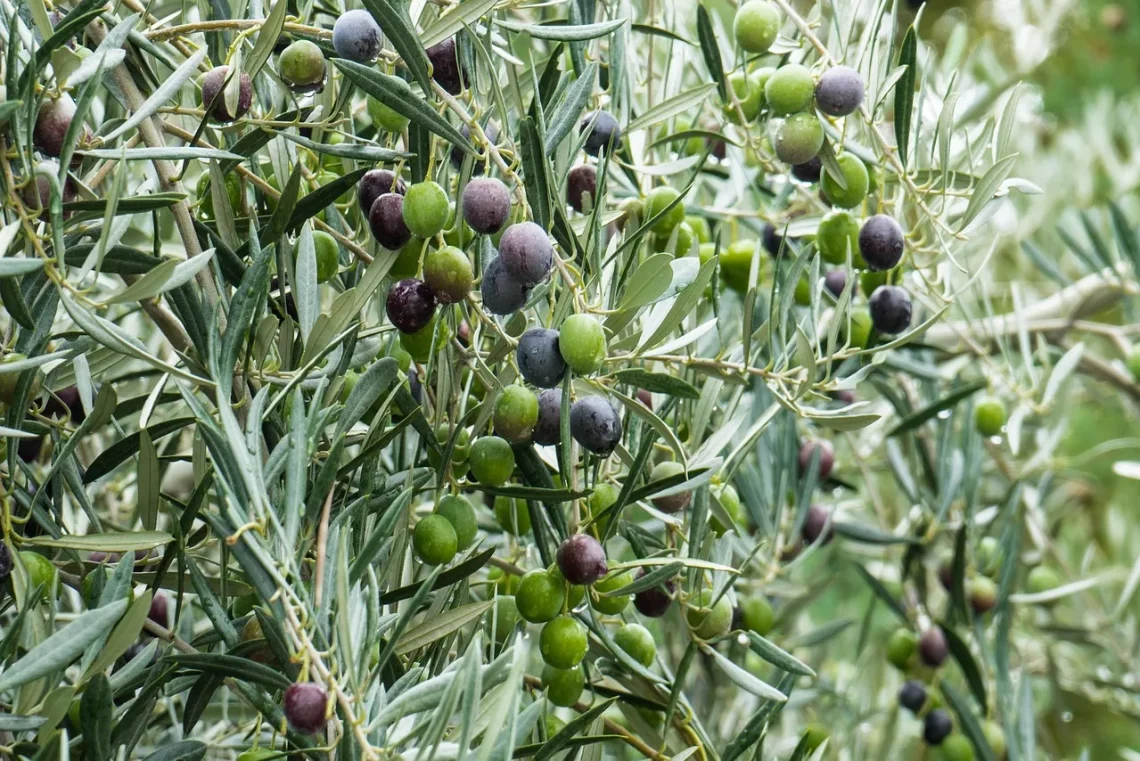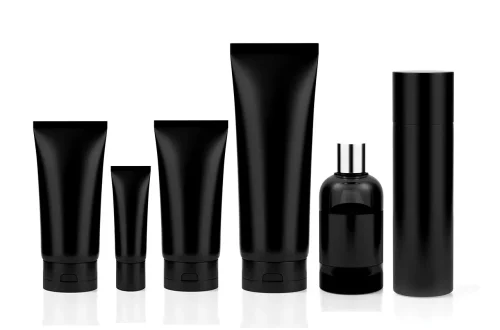
Discover the Olive Oil with the Highest Polyphenol Content
Olive oil has long been celebrated not only for its rich flavor and culinary versatility but also for its numerous health benefits. Among the various components of olive oil, polyphenols have gained significant attention for their antioxidant properties and potential impact on overall health. These naturally occurring compounds are known to play a crucial role in reducing inflammation and combating oxidative stress, which are key factors in various chronic diseases. The quest for high-quality olive oil with elevated polyphenol content has become increasingly popular, as consumers seek to maximize the health benefits associated with their dietary choices.
As people become more health-conscious, they are looking for ways to incorporate nutrient-dense foods into their diets. Olive oil, particularly extra virgin olive oil, stands out as a staple in the Mediterranean diet, renowned for its heart-healthy properties. With a growing number of brands and varieties available in stores, understanding which olive oils contain the highest levels of polyphenols can help consumers make informed choices. This exploration into the world of olive oil not only highlights the importance of quality sourcing and production methods but also reveals how specific types of olives and extraction techniques influence the polyphenol concentration in the oil. As we delve deeper into this subject, we’ll uncover the intricacies of polyphenols in olive oil and the factors that contribute to their abundance.
Understanding Polyphenols and Their Benefits
Polyphenols are a diverse group of phytochemicals found abundantly in plants, particularly in fruits, vegetables, nuts, and seeds. They are recognized for their antioxidant properties, which help neutralize free radicals in the body and protect cells from damage. This cellular protection is essential in preventing chronic diseases such as heart disease, diabetes, and certain cancers. Research has shown that polyphenols can enhance cardiovascular health by improving endothelial function and reducing blood pressure.
In the context of olive oil, polyphenols are largely responsible for its distinct flavor and aroma. They contribute to the oil’s bitterness and pungency, which are often indicators of high-quality extra virgin olive oil. The health benefits of these compounds extend beyond their antioxidant capabilities; they also exhibit anti-inflammatory effects, which can help mitigate conditions such as arthritis and other inflammatory disorders.
Moreover, polyphenols have been studied for their potential neuroprotective effects. Some research suggests that a diet rich in polyphenols may lower the risk of neurodegenerative diseases like Alzheimer’s and Parkinson’s. By promoting healthy blood flow and reducing inflammation, polyphenols may help maintain cognitive function as we age.
As more people become aware of the importance of incorporating polyphenol-rich foods into their diets, the demand for high-quality olive oil continues to rise. Consumers are encouraged to look for oils that are cold-pressed and sourced from reputable producers, as these factors significantly influence the polyphenol content.
Factors Influencing Polyphenol Content in Olive Oil
The polyphenol content in olive oil is influenced by several factors, including the olive variety, the region where the olives are grown, and the production methods used during extraction. Different olive cultivars contain varying levels of polyphenols, with some types naturally possessing higher concentrations than others. For instance, olives such as Koroneiki, Picual, and Frantoio are known to produce oils rich in polyphenols.
Geographical factors also play a crucial role in polyphenol levels. The climate, soil composition, and altitude of the growing region can impact the phenolic profile of the olives. For example, olives grown in harsher climates with less rainfall tend to produce oils with higher polyphenol concentrations as a defense mechanism against environmental stressors.
Additionally, the timing of the harvest and the methods used during extraction significantly affect the final polyphenol content in olive oil. Early harvesting, when olives are still green, typically yields oils with higher polyphenol levels. The extraction process, particularly cold pressing, preserves the natural compounds and ensures that the oil retains its health benefits.
Producers who prioritize quality often implement stringent quality control measures, ensuring that their olive oils meet high standards for polyphenol content. This attention to detail not only enhances the flavor and health benefits of the oil but also contributes to its overall market value. As consumers become more educated about these factors, they can make better choices when selecting olive oil, ensuring they are getting the most beneficial product.
Choosing the Best Olive Oil for High Polyphenol Content
When shopping for olive oil, it’s essential to look for labels that indicate high polyphenol content. Many producers now highlight the levels of polyphenols on their packaging, which can guide consumers in making informed decisions. Extra virgin olive oil, in particular, is the best choice for those seeking high polyphenol levels, as it is less processed and retains more of the beneficial compounds found in olives.
One effective way to ensure you are purchasing a high-quality product is to seek out oils that have undergone rigorous testing and have received certifications from reputable organizations. Certifications can provide assurance that the oil has been evaluated for its chemical composition, including polyphenol content.
Another tip is to choose oils that are packaged in dark glass bottles. Light can degrade the quality of olive oil and diminish its polyphenol content. Additionally, look for oils that have a harvest date on the label, as fresher oils generally contain higher levels of polyphenols.
Finally, consider exploring oils from specific regions known for their high-quality production, such as those from the Mediterranean basin. Countries like Greece, Italy, and Spain are renowned for their exceptional olive oils, many of which are rich in polyphenols.
By understanding how to identify quality olive oil, consumers can maximize the health benefits associated with polyphenols and enhance their culinary experiences.
Incorporating Olive Oil into Your Diet
Incorporating high-polyphenol olive oil into your daily diet is a simple yet effective way to enhance your overall health. The versatility of olive oil makes it easy to use in a variety of dishes, from salad dressings to marinades and cooking oils.
One of the best ways to enjoy the health benefits of olive oil is by drizzling it over fresh salads. A simple vinaigrette made with olive oil, vinegar, and herbs can elevate the flavor of your greens while providing you with a dose of polyphenols. Additionally, using olive oil as a finishing touch on roasted vegetables can bring out their natural sweetness and add a rich depth of flavor.
When cooking with olive oil, it’s essential to understand its smoke point. While extra virgin olive oil has a lower smoke point compared to other oils, it is still suitable for many cooking methods, including sautéing and baking. However, for high-heat cooking, consider using refined olive oil or other oils with higher smoke points.
For those looking to boost their health further, consider using olive oil in place of butter or margarine in various recipes. This swap not only enhances the flavor but also adds heart-healthy fats and antioxidants to your meals.
Finally, don’t forget to enjoy olive oil on its own. A plate of fresh bread dipped in high-quality olive oil can be a delightful and nutritious appetizer. This simple act allows you to savor the complex flavors of the oil while reaping its health benefits.
In conclusion, olive oil is not just a culinary staple; it is a powerhouse of nutrients, particularly polyphenols, which offer myriad health benefits. By understanding how to choose and use high-quality olive oil, you can elevate both your cooking and your wellness.
**Disclaimer:** This article is for informational purposes only and does not constitute medical advice. Always consult with a healthcare professional for any health-related concerns.




